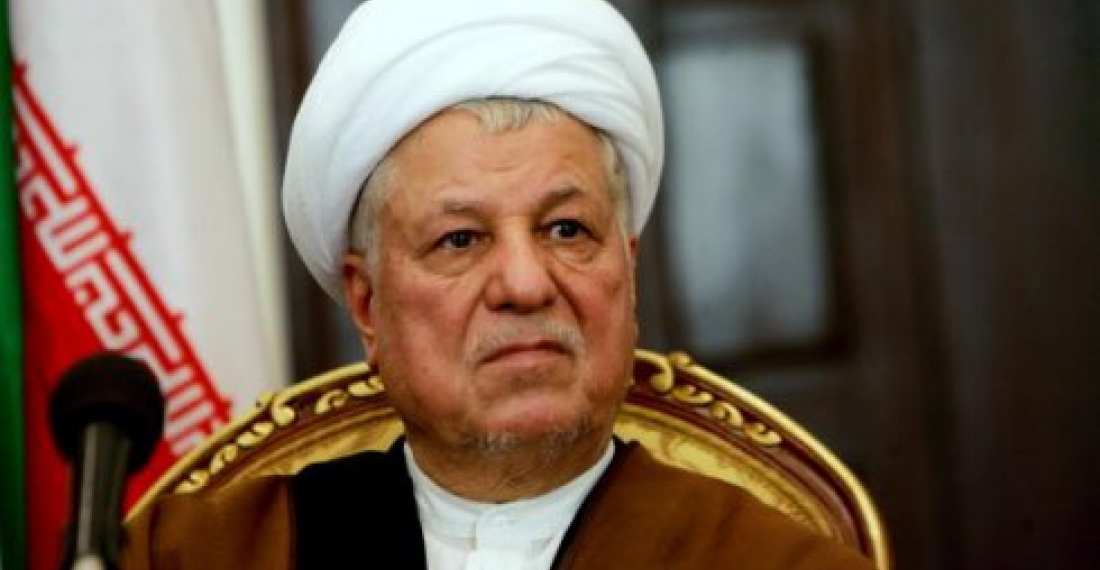Iran's former President, Ali Akbar Hashemi Rafsanjani, a dominant figure in the country's politics since the 1980s, has died at the age of 82, according to several media sources.
Mr Rafsanjani was taken to hospital on Sunday with a heart problem.
He served as president from 1989 to 1997 but lost to Mahmoud Ahmadinejad when he ran again in 2005. Mr Rafsanjani however remained an important personality within the Iranian political establishment and continued to serve until his death as head of the Expediency Council, which acts as a go-between to resolve disputes between Iran's parliament and the Guardian Council, considered as the protector of the values of the Iranian Islamic revolution.
source: commonspace.eu with BBC and other media sources.
phto: Ali Akbar Hashemi Rafsanjani, former President of Iran (archive picture).







